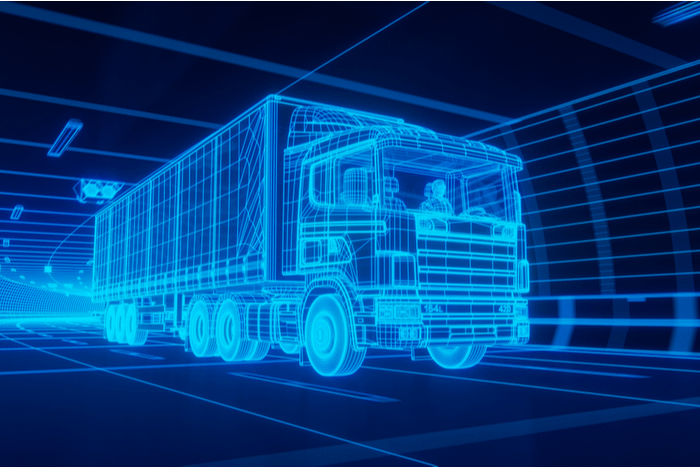The logistics industry is one that is global, and on a fast track to digital transformation as many stakeholders believe the return on investment, it will prospect in the future. In the last few decades, since the tech boom occurred, our lives have transformed into a majority digital world. Whilst snail mail was slowly being overtaken by email, the movement of packages and goods did not and instead boomed. Therefore, the logistics industry only had one thing to do, and that was to stay apace of the market and keep an ear out for what global demand wanted. With digital transformation comes change, and often disruption as seen with snail mail, however, as you learn to adapt and be quick on your feet; anything is possible, they say. That’s exactly how digital transformation has affected the logistics industry.
Whilst digital transformation has steadily occurred in different industries, the logistics industry was far slower in terms of digital innovations. It is important to fasten the pace to avoid being left in the wind in comparison to other industries that work closely with the logistics industry, with shippers and carriers taking matters into their own hands should the logistics industry fall short in terms of digital transformations. The future of logistics industry should be focused on creating a digital platform enabled medium to facilitate transactions easily and smoother.
Digital transformations in the logistics industry can be facilitated in the following means:
- Information Services: Enabling digital information services will put data front and center with control centers and analytics facilitating drive and growth towards efficiencies and cost reductions.
- Logistics Services: Digitally enabling logistics services will facilitate trade across borders along with improving on same-day delivery capabilities, city logistics and megacity operations.
- Delivery Capabilities: the likes of autonomous deliveries via trucks and drones, and looking at more efficient means of delivery are means in which the logistics processes can be improved.
- Circular Economies: fostering sustainability and lessening the environmental footprint are vital to the future of the logistics industry.
- Shared Logistics Capabilities: shared warehousing and shared transportation measures can increase asset utilization and provide better economies of scale.
How are you taking aims towards digital transformation in the logistics industry, and what are your thoughts?
Information extracted from the World Economic Forum White Paper on the “Digital Transformation of Industries Logistics Industry”.

